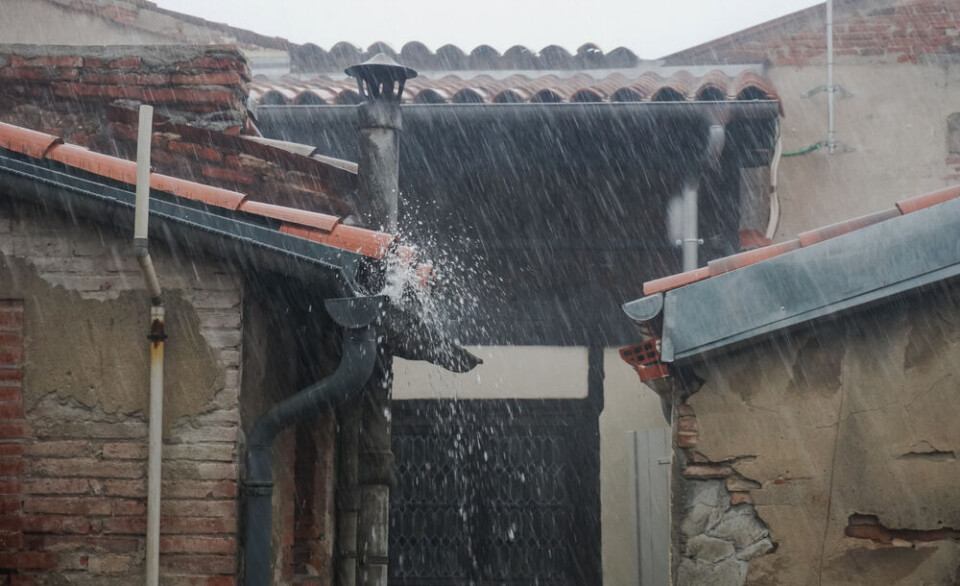Can old driving fines in France be cancelled?
Each type of fine has a limit - but beware the clock resetting
Overall, half a million more driving and parking fines were issued in France in 2023 compared to 2022
Ajdin Kamber/Shutterstock
Did you know that some old and unpaid driving fines issued in France may be cancelled under certain conditions, as there is a ‘statute of limitations’ for each type?
France has several types of traffic and driving fines. These include:
Fixed fines (amende forfaitaire): Issued for less serious offences, such as:
1st class: Noise disturbance at night, failure to present administrative documents, etc
2nd class: Obstructive parking, failure to carry vehicle registration documents, etc
3rd class: Speeding less than 20 km/h outside built-up areas, etc
4th class: Using a mobile phone while driving, jumping red lights, etc.
5th class: Speeding in excess of 50 km/h, etc
Criminal fines (amende délictuelle): More serious offences such as drink-driving
Tax, customs, or administrative fines (amende fiscale, douanière, ou administrative): Mainly concerning offences relating to reporting or health obligations.
Each type of fine has a statute of limitations. This means that if the fine has not been paid by this time, the state can no longer legally demand payment.
The limits are:
Fixed fines: One year
Criminal fines: Six years
Tax, customs, or administrative fines: Three to six years, depending on the fine
However, the ‘clock’ is reset every time the person in question receives another payment reminder, a reminder letter, a summons for legal action, or wage seizure.
Ignoring a letter or summons, or not receiving it for whatever reason, does not count. If a letter, reminder, summons (or similar) is issued then the clock resets on the limit.
Payment time limits
Each type of fine usually has a limit by which payment is required, unless you successfully raise a dispute. Some fines are smaller if you pay by a certain date, and increase if not paid by a certain date.
The exact time limit and deadline - and any ‘discounts’ for early payment or increases for late payment, will be marked clearly on your fine notice.
However, most are:
Fixed fines: 45 days
Criminal fines: 30-60 days
Tax, customs, or administrative fines: 30-60 days
Read more: 10 questions on driving fines in France
Read also: How long does it take for a traffic fine to arrive in France and is there a limit?
Read more: Record number of driving fines in France confirmed in latest official report
Ways to defer a fine or not pay
Although most justified fines will simply need to be paid (and after 75 days of non-payment, the Treasury may begin to take action) there are some ways to legitimately take action to defer (or attempt to cancel) a fine if applicable.
For example:
If you are experiencing financial difficulties: You can request a deferral (demander un délai) or ask to pay in instalments. You may also be granted a waiver if you submit a reasoned request accompanied by supporting documents (pay slips, RSA certificate, etc).
In the event of a dispute: If you dispute the legitimacy of the fine (e.g. you dispute the circumstances or believe your identity has been stolen), you have 45 days after receiving the initial notice to raise a dispute and present your arguments, and 30 days if the fine has already been increased because of non-payment.
Read also: Is it necessary to pay a French driving fine before contesting it?
The status of your fine, as well as other information on ways to pay and/or submit a dispute or other payment request, can be seen on the ANTAI (Agence Nationale de Paiement Automatisé des Infractions) website at Antai.gouv.fr.
Read also: Can I find details of any driving fines in France online?
You can also use the ANTAI app, or contact the fine collection centre, le Centre d’encaissement des amendes (online at the website amendes.gouv.fr).






























